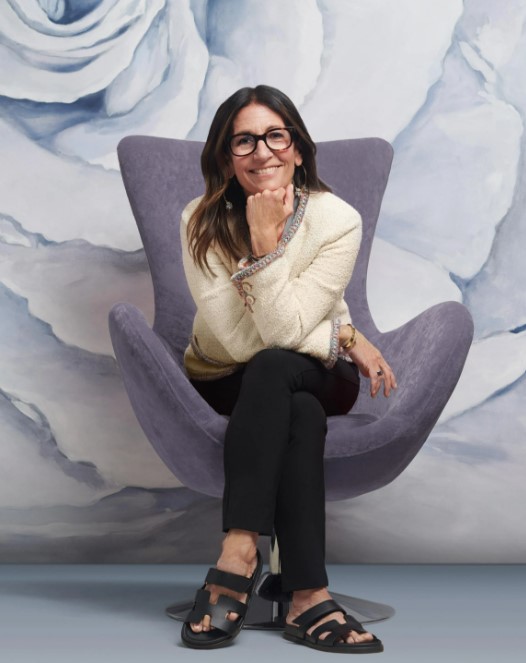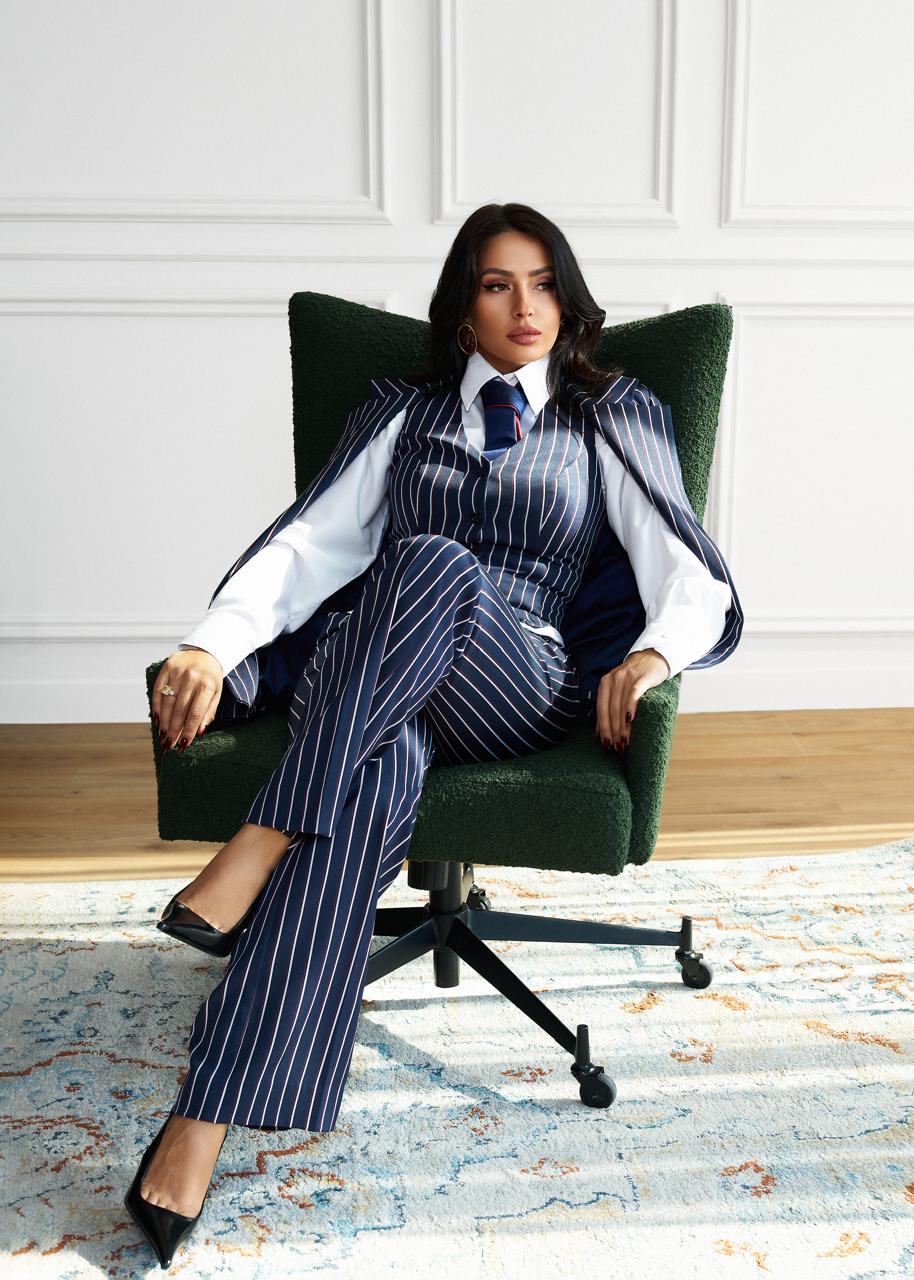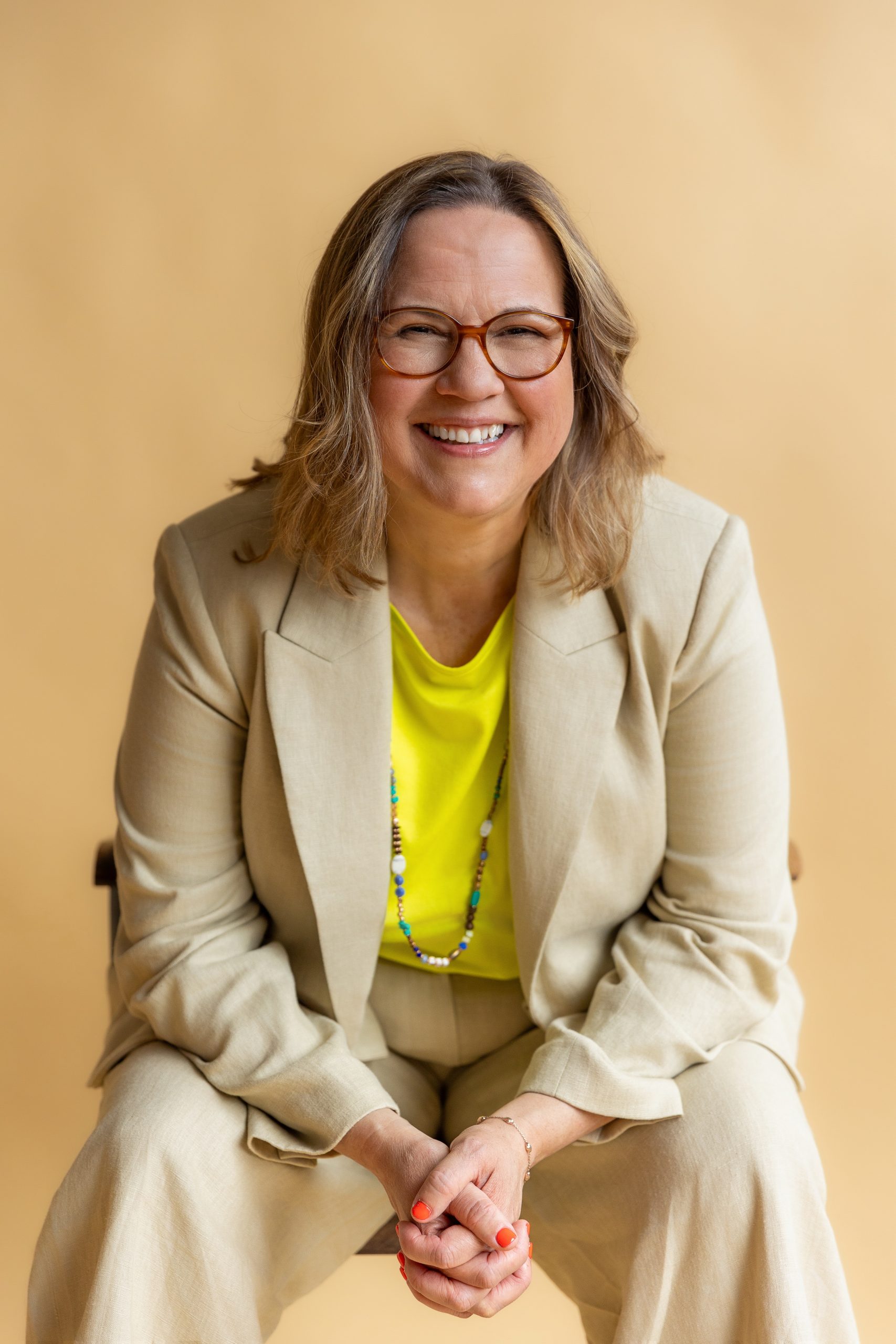
May, makeup mogul Bobbi Brown had a decision to make: should she clap back at the TikTok influencers who were misusing her newest product, a moisturizer-like foundation, or should she keep her mouth shut and avoid feeding the outrage cycle?
Brown split the difference. She recorded educational videos about how to properly use the foundation (sparingly, not in fistfuls, as some wayward TikTokers had done) and one joke reel that poked fun at the gobs of product the influencers were using. Naturally, the joke reel went viral, drawing north of 4 million views.
“I was like, ‘Uh oh, am I gonna get canceled?’” Brown said five months later. She mentioned the incident during a makeup master class for her new brand, Jones Road Beauty, in front of a live audience of some three dozen—wait for it—social media beauty influencers. She got laughs in response, because of course Brown was not canceled. “Foundation-gate,” as her son Cody Plofker refers to it, has only endeared Brown more to the social-media masses.
“She’s a 65-year-old TikTok sensation,” Plofker said. He’s come to Jones Road’s Montclair, New Jersey, event space not just as supportive offspring. He serves as Jones Road’s chief marketing officer, and together with serial entrepreneur and internet personality Gary Vaynerchuk, Plofker was responsible for nudging Brown onto TikTok earlier this year.
“She’s a bigger-than-life personality,” Vaynerchuk told Forbes, “and that’s always going to work.”
It’s a new chapter for Brown who, two years ago this month, launched Jones Road, a direct-to-consumer beauty line in Brown’s signature minimalist, “no-makeup makeup” style. Jones Road is the first cosmetics company Brown has been allowed to create since selling her first brand, Bobbi Brown Cosmetics, to Estee Lauder for a reported $74.5 million in 1995. Then 38 years old, Brown signed a 25-year non-compete clause, figuring she’d be happy turning Bobbi Brown Cosmetics into a billion-dollar brand under the umbrella of a bigger company until it was time to retire in her 60s.
While Brown maintains that she doesn’t regret signing the 25-year non-compete—“I don’t believe in mistakes,” she said. “I believe in an opportunity to shift and fix things”—she nonetheless got an itch to leave Estee Lauder before the contract was up. She announced her departure at the end of 2016, and bought herself a necklace charm with the date when she’d be legally allowed to operate in the beauty space again: 1020, for October 2020.
“I knew I had four-and-a-half years, which is a long time for an impatient person,” she told Forbes.
At first, Brown satisfied her entrepreneurial itch by opening a boutique hotel, The George, in her Montclair hometown with her husband in 2018. That same year, she also launched a lifestyle website, justbobbi.com. But following her departure from Estee Lauder, Brown found herself without the stock to perpetuate a longtime tradition: handing out makeup samples to the teens (and some parents) on Montclair’s Halloween trick-or-treating route.
“I didn’t have anything to give away, so I made a lipstick,” Brown said. People loved it, so she quietly started experimenting with other products, including an accidental blush-like product that she coined “miracle balm.” Her contract said she wasn’t allowed to sell any of it—she ignored phone calls from folks who’d heard through the grapevine about her tinkering—until October 26, 2020. That day, the very date the non-compete expired, Brown officially launched Jones Road Beauty. Ironically, now that she has the inventory, Halloween 2022 trick-or-treaters won’t get any of it: Brown and her husband moved and aren’t telling the public where they are now.
Jones Road, which Brown and her husband self-funded with $2 million and to this day has no debt and no outside venture funding, was profitable within a few months and notched a reported $20 million in sales for 2021. It’s on track to triple that this year, and chief operating officer Steve Levine—who Brown hired away this past summer from KDC/One, a private-label personal care manufacturer—says that projections for 2023 are “double” the 2022 figures.
“Besides her makeup artistry, experience and excellence, she really has a knack for business,” Levine said of Brown. “She knows what sells. And she has a real good feel for her consumers.”
That feel comes largely from decades as a makeup artist. Brown got her start in the 80s doing work for fashion magazines and celebrities. “You hear what the consumer likes right away because they tell you,” Brown said.
Of course, when you’re a makeup artist, you can only hear from as many customers as you have time to fit into your schedule on any given day. Since getting involved with TikTok in earnest at the beginning of 2022, Brown has amassed a following of 416,000, many of whom are not afraid to tell her how they feel. Foundation-gate aside, Brown is reveling in the ability to hear directly from what she refers to as “her people” and then position her 40 employees, many of whom have little traditional beauty industry experience, to act in close to real time.
“I don’t hire focus groups,” she said. “I have the internet.” Now, with Jones Road’s direct-to-consumer model, “I could literally pull something out and get it on the market in two seconds. If it doesn’t work out, I could find something else to do without having to worry, ‘Oh my God, how do I fix this?’ It’s really much more fun.”
This isn’t to say everything is going smoothly. Plofker and Brown both told Forbes that Brown’s earliest TikTok videos started doing 1 million views in 24 hours, and a sales surge—a tripling of daily sales, in fact—quickly followed. The demand put pressure on an already tight supply chain, and Brown found certain products running out in three weeks whose stock she’d expected to last six months. It’s not an awful problem to have, but backlogs make customers unhappy.
It’s during times like these that Brown has appreciated how far she’s come. She said a younger version of herself might have panicked over the shortfall. Now, however, she’s feeling more confident in how she can solve problems. For instance, when it came to the product whose stock ran up in three weeks, Brown got a call from her manufacturing plant. They’d found 2,500 units, but had no boxes to package the makeup. “They said, ‘We’re going to order boxes, and it’ll only be a month,’” Brown said. “I said, ‘No you’re not. You’re going to Kings and you’re getting a white sandwich bag and find neon pink tape. And we’re going to send them out like that with the ingredients on a little card.’” All 2,500 units were gone in a day.
COO Levine described Brown as someone who knows what she wants and who often gets just that. But there’s one wish Brown has recently found herself wanting to retract. In 2021, Brown told the Financial Times that she didn’t want to be part of a billion-dollar brand again. A year later, she told Forbes, she might need to clarify that statement.
“It’s heading in that direction,” she said. But even if Jones Road’s numbers reach the same level as her old company, Brown’s approach will not. “I don’t want to do what I did. I want to do everything I’m doing differently.”












